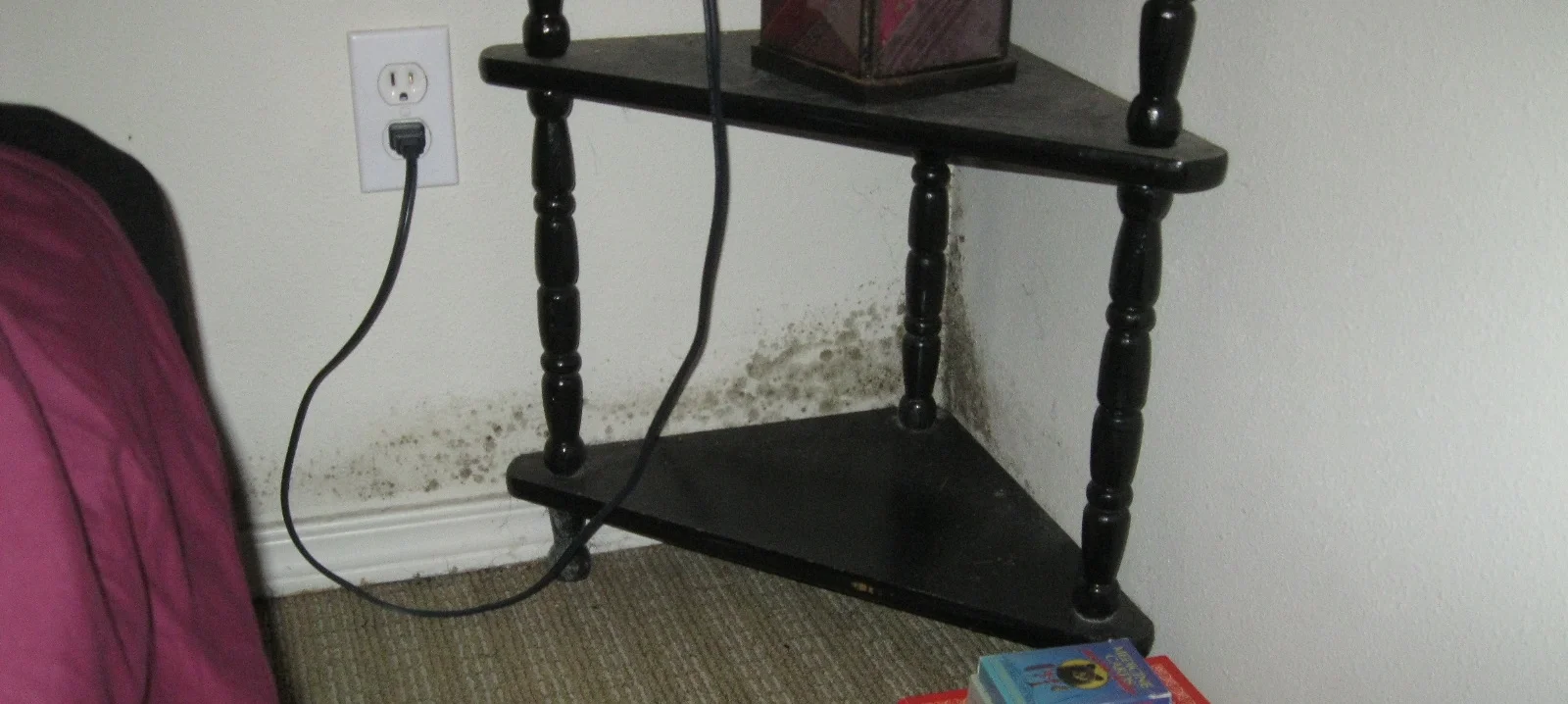To view information about mold, which you will also receive at the time of the inspection,
please click on the three links below.
"What is Mold" Flier
Additional Information that may of interest:
National Toxicology Program - Mold Data pdf
EPA mold guide.pdf
News Release, Evidence does not support.pdf
Mold Information
The media sounded an alarm, the public heard the horror stories, and now home buyers worry about the presence of molds in the homes they purchase.
According to the United States Environmental Protection Agency (EPA), "Molds can be found almost anywhere; they grow on virtually any substance when moisture is present. Outdoors many molds live in the soil and play a key role in the breakdown of leaves, wood and other plant debris."
Home buyers want to know more than this. Unfortunately, just as when the public first became aware of asbestos, radon, and problems with E.I.F.S., the body of knowledge about molds in indoor environments is far from complete.
What is known, according to the EPA, is that "molds can trigger asthma episodes in individuals with an allergic reaction to mold." Because of this health factor, it recommends the Center for Disease Control (CDC) as a source of information.
If a home buyer decides to have mold testing performed, we try to make them aware that it is difficult determining the severity of mold issues since there aren't set guidelines or thresholds for mold levels. If you have an oil tank, Lead, Radon, or Asbestos testing there are thresholds that you can compare to. There are no thresholds for mold levels. We like to make sure that our clients understand that having mold testing done will answer some questions, but there is no PASS or FAIL testing.
Additional Information
OSHA- Mold Remediation Guidelines.pdf - Occupational Safety and Health Administration's Safety and Health Information Bulletin "A Breif Guide to Mold in the Workplace"
News Release on Mold.pdf - The National Academic "Indoor Mold, Building Dampness Linked to Respiratory Problems and Require Better Preventation; Evidence Does Not Support Links to Wider Array of Illness" Published 5-25-04
Useful Websites
http://www.epa.gov/iaq/molds/index.html -U.S. Environmental Protection Agency
http://www.emlab.com/app/fungi/Fungi.po;jsessionid=HS4J1W1U-AsuubO4LjQt2wtO(2A8c5iMo) -An index of some commonly encountered fungal genera
http://www.niehs.nih.gov/ -National Institute of Environmental Health Sciences (information on mold)
PDX Inspect also recommends the CDC as a resource for answering customers' questions about molds in indoor environments. For more information go the Center for Disease Control http://www.cdc.gov/Environmental/
